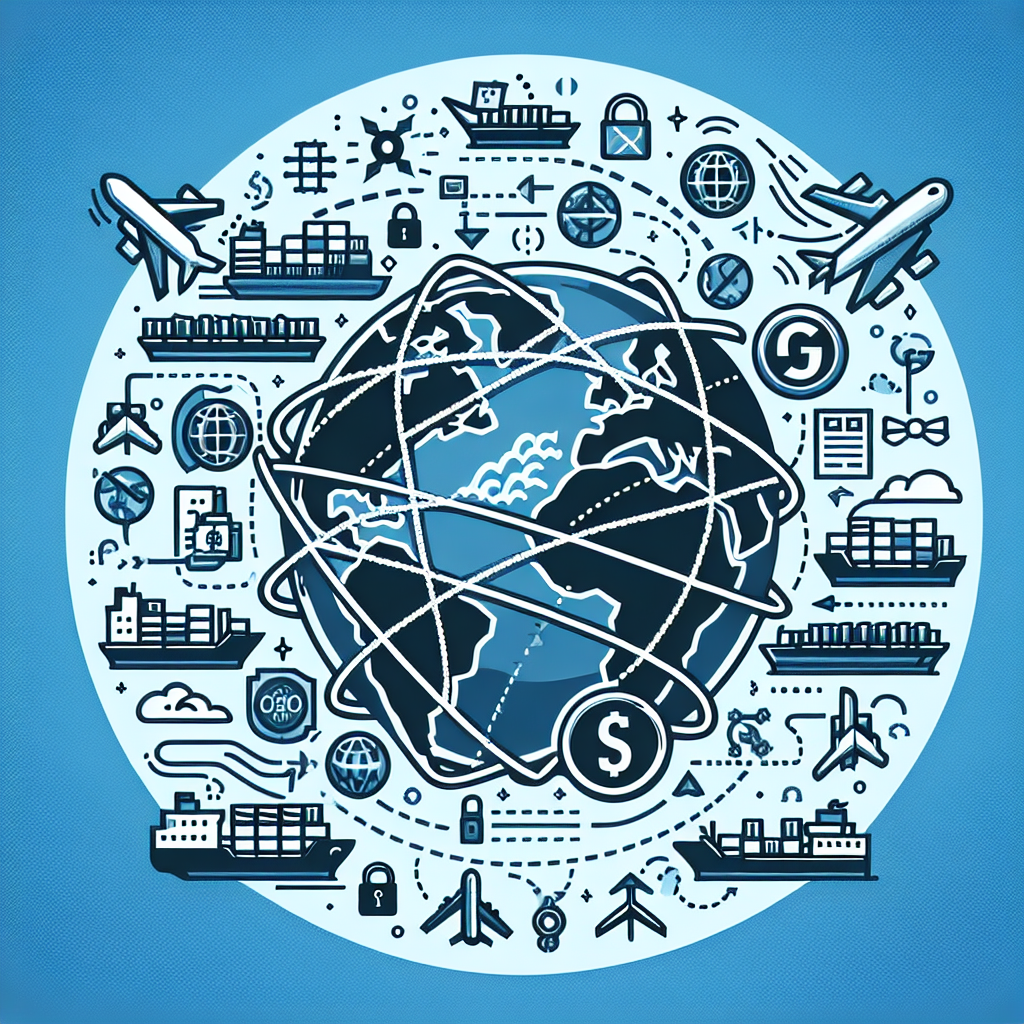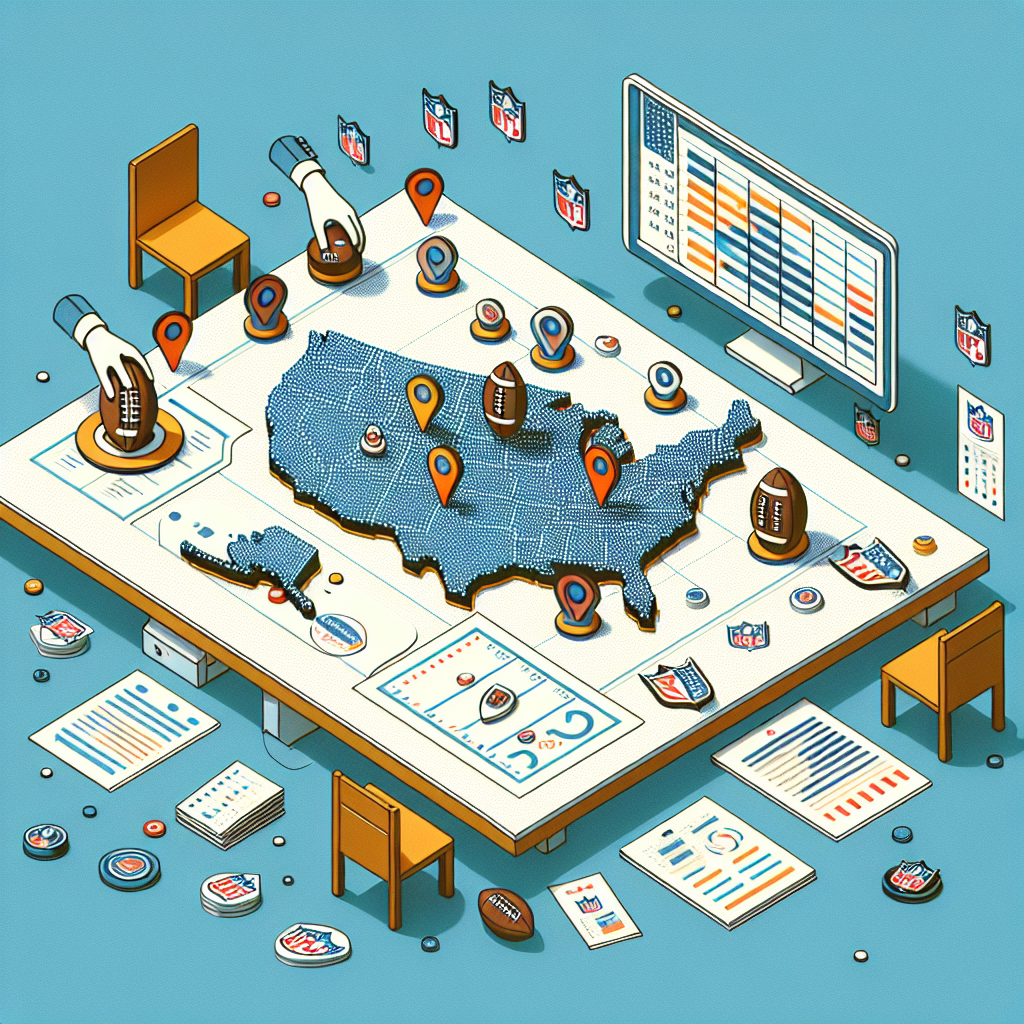
Analyzing the Most Memorable Moments in Political Debate History
Political debates have long served as a vital component of democratic processes, providing a platform for candidates to present their views, challenge their opponents, and engage with the electorate. Moments from these debates often resonate far beyond the event itself, influencing public opinion, shaping electoral outcomes, and entering the annals of political history. In this article, we will analyze some of the most memorable moments in political debate history, shedding light on their significance and impact on the political landscape.
Significant Debate Moments Shaping Elections
Throughout history, political debates have played a critical role in molding electoral narratives. One of the most significant moments occurred during the 1960 presidential debate between John F. Kennedy and Richard Nixon. This debate was groundbreaking not only for its content but also for its presentation on television. For the first time, Americans could watch candidates in real-time, leading to a shift in how politics was conducted. Kennedy’s composed demeanor contrasted sharply with Nixon’s visible discomfort and unpreparedness, significantly swaying public perception in his favor. This debate set a precedent for future political advertisements and public engagement strategies.
Another notable example is the 1984 presidential debate between Ronald Reagan and Walter Mondale. Reagan, known for his charisma, faced criticism regarding his age and perceived cognitive decline. However, during the debate, he countered these concerns with his trademark humor, famously quipping, “I will not make age an issue of this campaign. I am not going to exploit, for political purposes, my opponent’s youth and inexperience.” This moment helped to solidify Reagan’s appeal and ultimately contributed to his landslide victory in the election. Such instances demonstrate how voters’ perceptions can be dramatically reshaped during these high-stakes exchanges.
Debates as Catalysts for Change
Political debates have often served as catalysts for social and political change. One of the most profound moments in debate history occurred during the 1988 vice-presidential debate between Lloyd Bentsen and Dan Quayle. Bentsen delivered a critical blow to Quayle by referencing John F. Kennedy, stating, “Senator, you’re no Jack Kennedy.” This quote not only underscored Quayle’s inexperience but also highlighted the generational differences between the candidates. It became a defining moment, encapsulating the skepticism many voters had about Quayle’s suitability for office.
Additionally, debates have frequently highlighted pressing social issues. In the 2020 Democratic primary debates, discussions about systemic racism, climate change, and healthcare took center stage, reflecting a changing electorate increasingly focused on social issues. Candidates like Bernie Sanders and Elizabeth Warren used these debates to articulate their visions for a more equitable society, further polarizing the Democratic Party around progressive policies. The impact of these discussions on subsequent policy proposals and voter mobilization cannot be overstated.
The Role of Technology in Modern Debates
The evolution of technology has dramatically transformed how political debates are conducted and perceived. In recent years, the rise of live-streaming and social media platforms has changed the way candidates engage with voters. In the lead-up to the 2024 presidential election, debates became increasingly interactive, with real-time audience polls and reactions shared across platforms like Twitter and TikTok. These technological advancements allowed debates to reach a broader and younger audience, underscoring the importance of digital engagement in contemporary politics.
Moreover, the use of fact-checking organizations has become a crucial element of the modern debate landscape. In the 2024 elections, for instance, moderators began the debates by reminding candidates that information presented would be fact-checked live. This approach aimed to hold candidates accountable for their statements, fostering a culture of transparency and trust. As voters become more discerning consumers of information, the expectation for accuracy in political discourse has risen, illustrating how technology has reshaped the very fabric of political debate.
Iconic Debate Moments That Defined Candidates
Certain debate moments have become iconic, defining the candidates and, in some cases, altering the trajectory of their political careers. One such moment occurred during the 2008 presidential debate when then-Senator Barack Obama faced off against Senator John McCain. Obama’s calm yet assertive responses contrasted sharply with McCain’s aggressive style, showcasing the candidates’ differing approaches to leadership. The moment that stood out was Obama’s defense of his position on foreign policy, where he articulated a clear vision for international relations. This debate effectively emphasized Obama’s strengths, resonating deeply with voters seeking a change in leadership.
Another influential moment was the 2016 presidential debates, particularly the exchanges between Donald Trump and Hillary Clinton. Trump’s unorthodox debate style, characterized by interruptions and personal attacks, drew both criticism and engagement from viewers. His claim that “nobody has more respect for women than I do” in response to allegations was particularly telling, as it sparked widespread controversy and debate among viewers. This moment exemplified the polarization of American politics, further igniting fervent support and equally vehement opposition.
Future of Political Debates in the Wake of Current Events
As we look towards future political debates, particularly those scheduled for the 2028 elections, it’s crucial to consider the evolving landscape. With ongoing global challenges such as climate change, economic disparities, and social justice, the topics tackled in these debates are likely to continue reflecting pressing societal concerns. Furthermore, the lingering effects of the COVID-19 pandemic have accelerated the need for candidates to address public health and crisis management strategies in a meaningful way.
The rise of misinformation and the challenge of maintaining civil discourse in the face of divisive issues will demand greater moderation and accountability in future debates. Expecting candidates to provide specific, evidence-based solutions instead of simply debating ideologies may redefine candidate engagement strategies. Debates may also become more inclusive, involving diverse voices and perspectives that have historically been marginalized, ensuring that the political arena reflects the electorate’s demographics more accurately.
In conclusion, the evolution of political debates serves as a fascinating lens through which to analyze political trends and societal changes. Iconic moments from past debates illustrate how articulating vision, engaging voters, and utilizing technological advancements shape electoral outcomes. As political landscapes continue to evolve, the significance of debates will remain central to presenting candidates as relatable leaders in a complex world.
FAQs
What are some of the most memorable debate moments in US history?
Some memorable moments include John F. Kennedy’s cool demeanor in the 1960 debate against Nixon, Ronald Reagan’s humorous retort about age in 1984, and Lloyd Bentsen’s famous quote to Dan Quayle in 1988.
How have political debates influenced election outcomes?
Debates can serve to sway undecided voters, highlight candidate strengths and weaknesses, and shift public perception significantly, thus influencing overall election outcomes.
What role does technology play in modern political debates?
Technology impacts political debates by facilitating real-time audience engagement through social media, enhancing accessibility through live-streaming, and enforcing fact-checking to ensure accuracy in candidates’ statements.
How have the themes and issues in political debates changed over the years?
The themes have evolved from focusing primarily on foreign policy and economic issues to increasingly incorporating social justice, climate change, and health care, mirroring the changing priorities of the electorate.
This comprehensive analysis outlines the significance of memorable moments in political debates, emphasizing their lasting impact and the role of technology in shaping future discourse. As political landscapes continue to shift, these debates will remain an essential tool for candidates to connect with voters and influence the democratic process.
Democracy versus Autocracy: A Global Perspective
16. Dezember 2025The Impact of Sanctions on Global Trade Dynamics
16. Dezember 2025Geopolitical Tensions in the South China Sea
16. Dezember 2025
Leave a reply Antwort abbrechen
-
Analyzing the NFL Draft: Predictions on the Impact of Rookies
3. Dezember 2025 -
Exploring the Intersection of Climate Policy and US Politics
11. Dezember 2025





